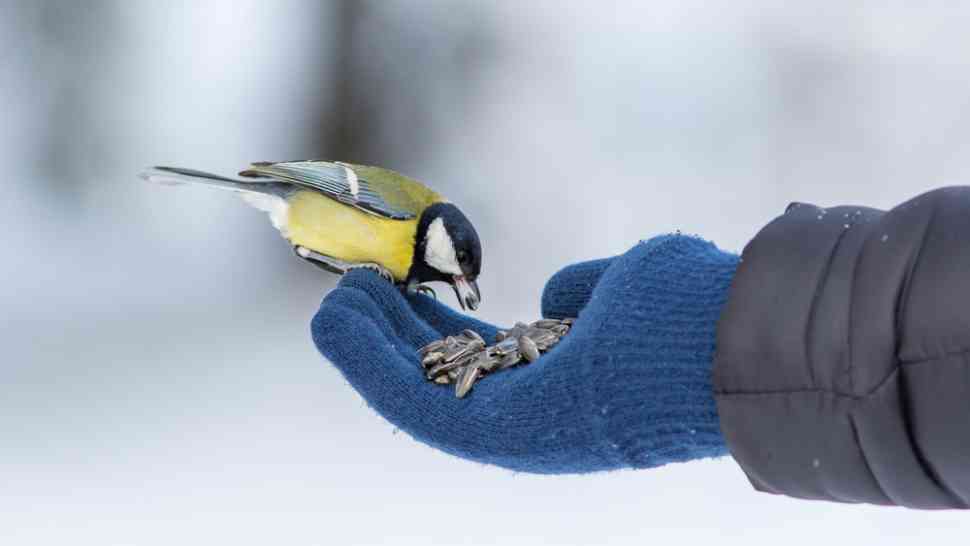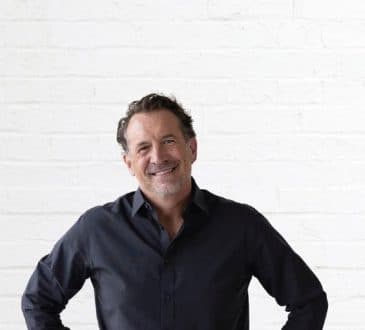Acts of kindness – a way to contribute or a way to save your soul?

Acting in a kind way is not granted to everyone. A small story that is often told to kids in the area of Balkans in Eastern Europe encourages people to adopt a kind and peaceful attitude, always offering something back in society. Successful businessmen and wealthy individuals often do charities giving a piece of their possessions back to the world who has helped them to make it. The flow of taking, producing, and giving back is endless and if one part of this chain breaks down the whole procedure will be destroyed. Let’s see how the story goes and why it is so popular among children.
An old lady who lived in a nice and simple house in a village used to bake some bread for her family every day she woke up since this made her happy and calm. Together with her family’s bread she also prepared some bread for any homeless or hungry person that would pass by and that would need something to eat. The woman was very religious and she paid attention to acts of good thinking she will go to paradise or that she will be paid off for these actions in future life. Each morning a relatively rude homeless person would take the bread without thanking the old lady. The only thing he did was say these words: ”The evil you do comes back to you and the good you do comes back to you too.” One day the woman was really irritated and decided to poison the bread that the homeless would take. After she baked it she realized that this act equals murder and decided to throw the bread in the fire and bake a new one. The homeless guy came again repeating the same words.
At the same time, the woman had a son who had been traveling for months in search of a better fate and a good job in the city. She had no news of him and was really worried. Every night she prayed for his safety and well-being. Later that day her son knocked on her door as he had finally found his way home. He was extremely thin and his clothes were dirty and torn. She was happy to see him and surprised to see him in such a bad condition. She asked him what happened and he confessed that he was very lucky to reach the house. A few miles away he was ready to die because he had not eaten anything for days. Thankfully a homeless guy who was passing by came and offered his bread. He said: ”Every day I eat this bread but today I will give it to you because you need it more than I do.” The son said how the bread’s taste reminded him of the bread his mama used to bake every morning for them.
The woman realized that it was her bread that had saved her own son. If she had given the poisoned bread to the homeless guy her son would be dead right now. The words of the homeless person crossed her mind and remembered why she would never allow to herself do something bad. Remember that the story also helps people come down. It allows us to believe that everything obeys some universal rules according to which the good beats the evil.
Fairytales may not talk about real stories but they can be very didactic. Charities are more and more embraced by people in high positions and executives of large companies. Perhaps, they do not take place in such a simple-minded way as I described before but the idea of karma is very popular for most people. The story is simple because it attempts to help everyone realize the importance of sharing and sometimes the way to do it is by putting it as simply as possible. Regardless of whether karma exists or not the idea of sharing also makes us feel good. Even if the universe does not give us something back, the feeling that we are purified and the fact that we avoid having guilt is enough to convince us to be kind and generous.
Have you read?
# Best CEOs In the World Of 2022.
# Best Citizenship and Residency by Investment Programs.
# These are the world’s most and least powerful passports, 2022.
# The World’s Richest People (Top 100 Billionaires, 2022).
# Case Study: Warren Buffett, LVMH’s Bernard Arnault, Apple’s Tim Cook, and Elon Musk.
Bring the best of the CEOWORLD magazine's global journalism to audiences in the United States and around the world. - Add CEOWORLD magazine to your Google News feed.
Follow CEOWORLD magazine headlines on: Google News, LinkedIn, Twitter, and Facebook.
Copyright 2025 The CEOWORLD magazine. All rights reserved. This material (and any extract from it) must not be copied, redistributed or placed on any website, without CEOWORLD magazine' prior written consent. For media queries, please contact: info@ceoworld.biz








